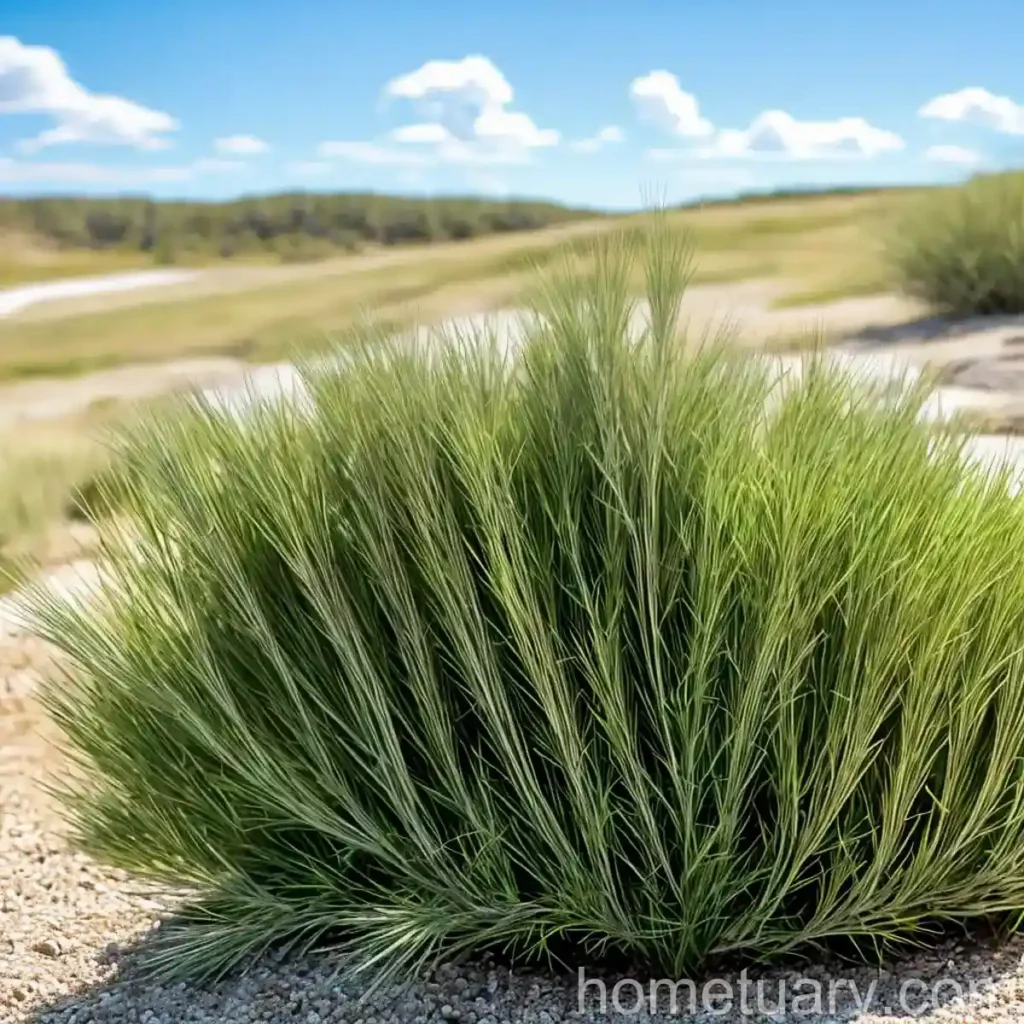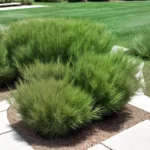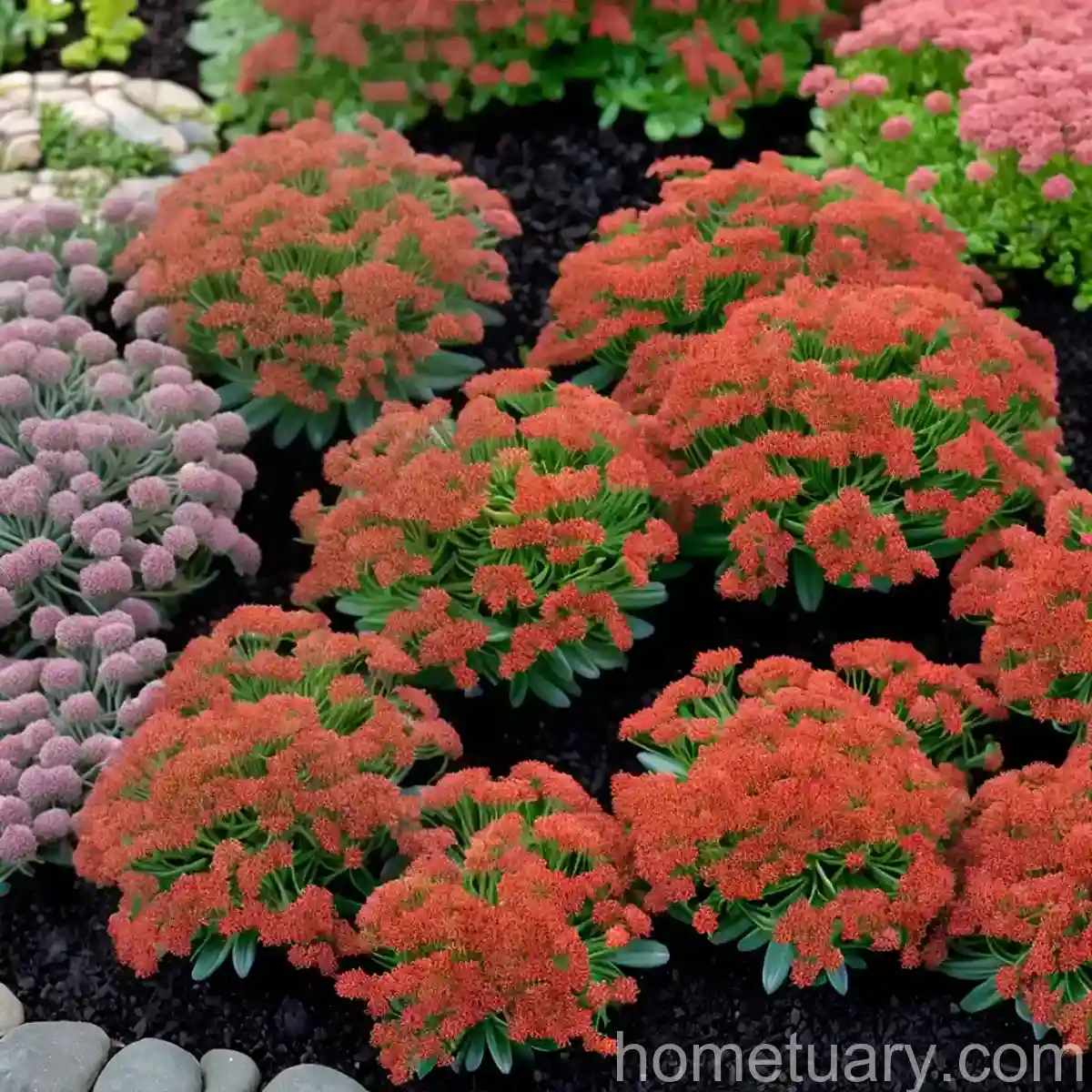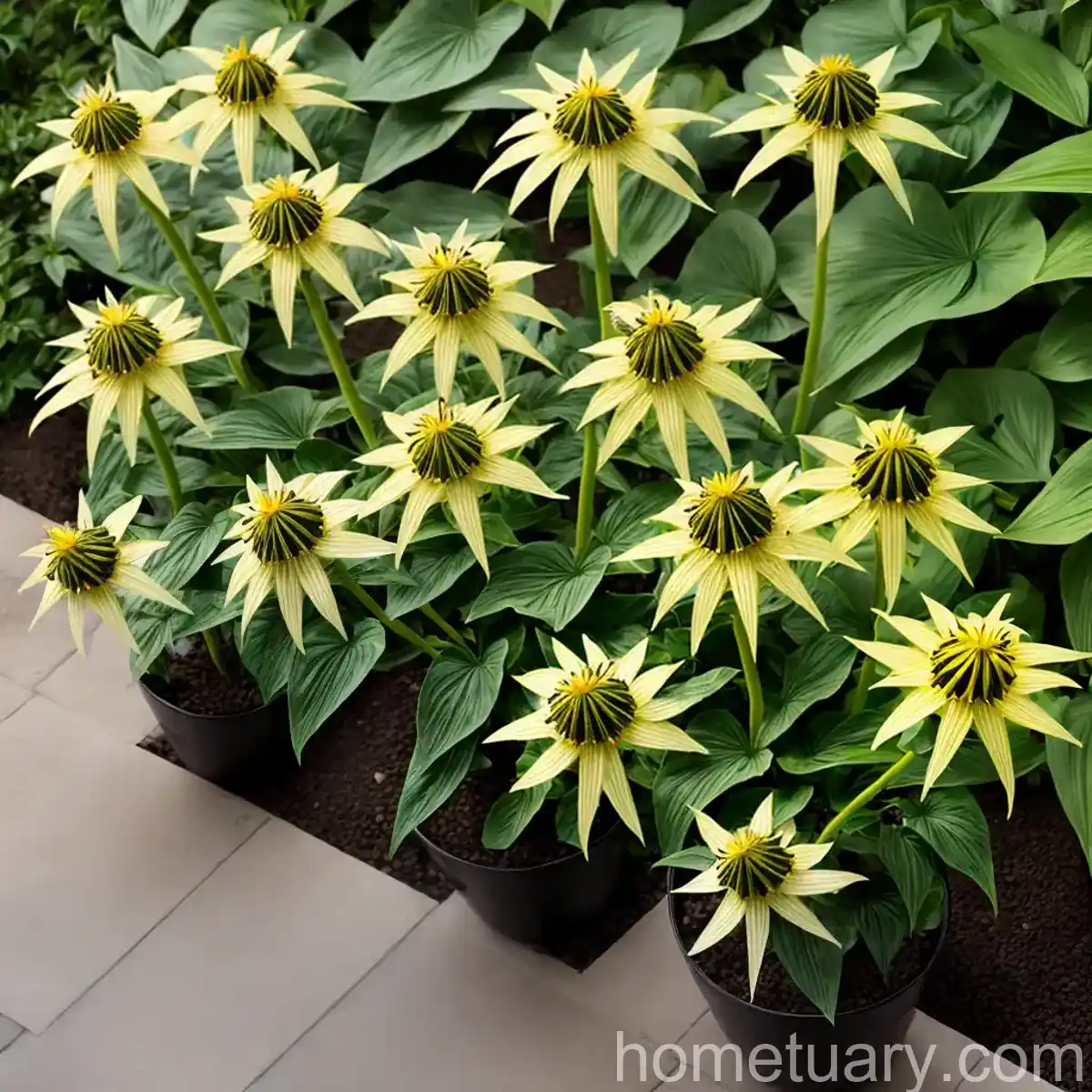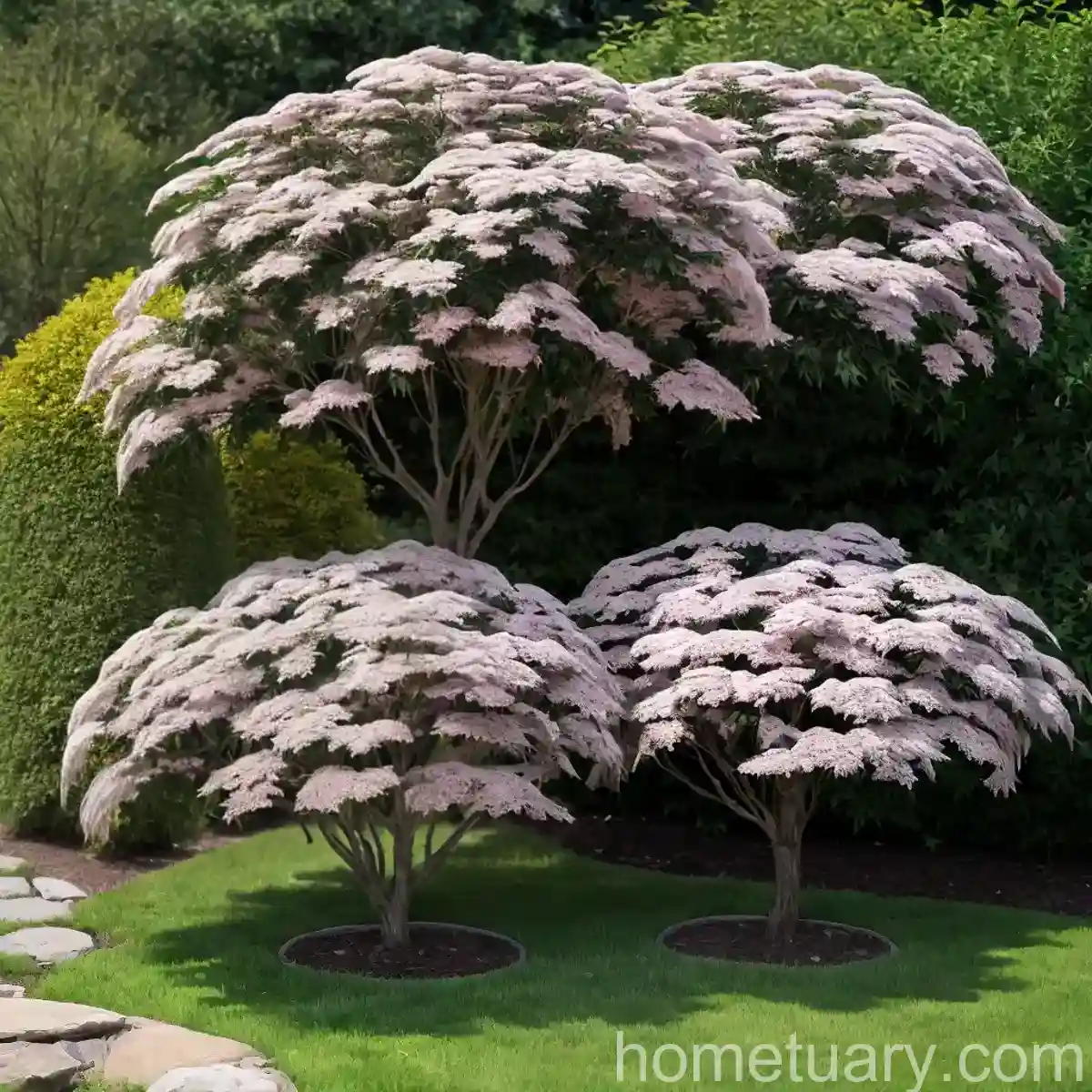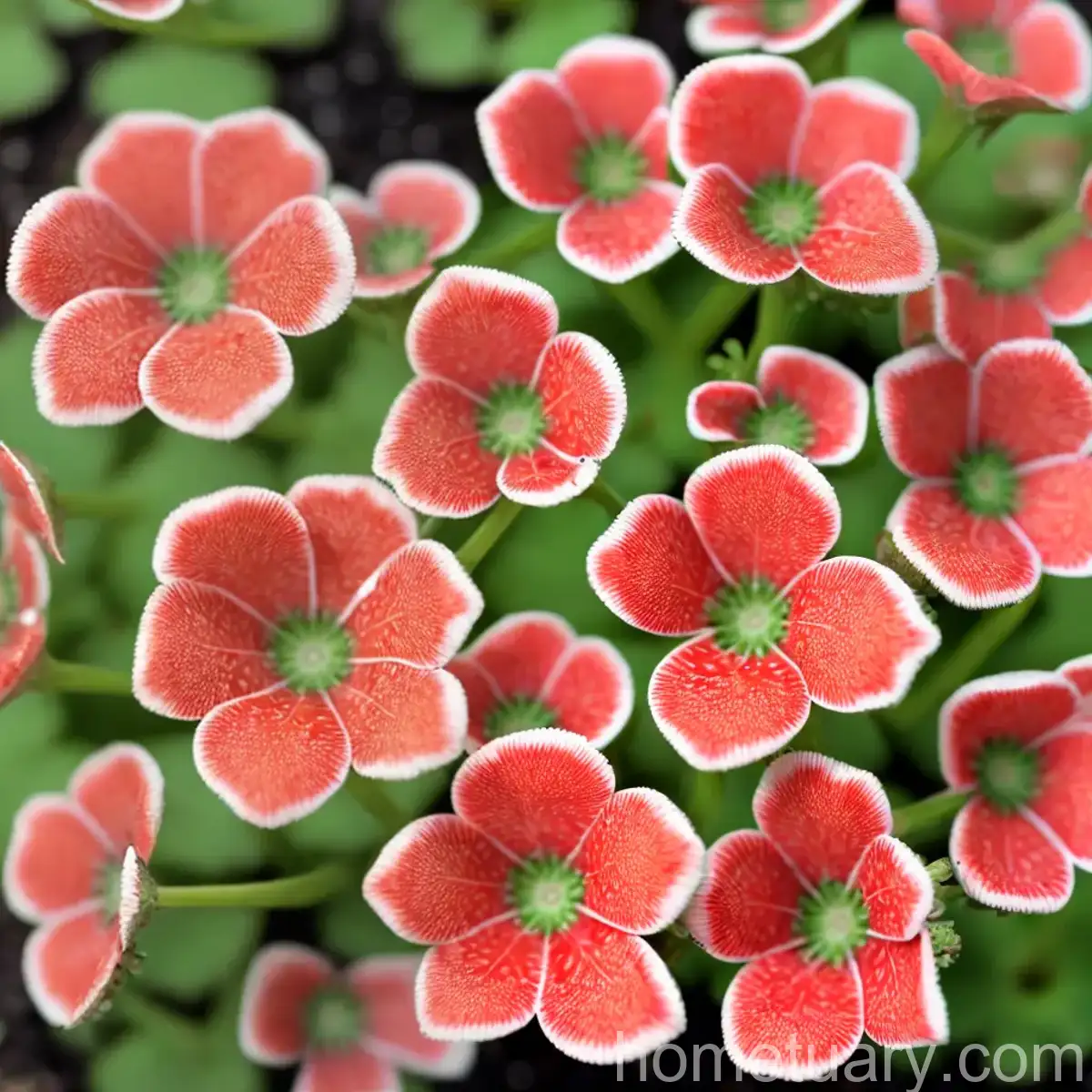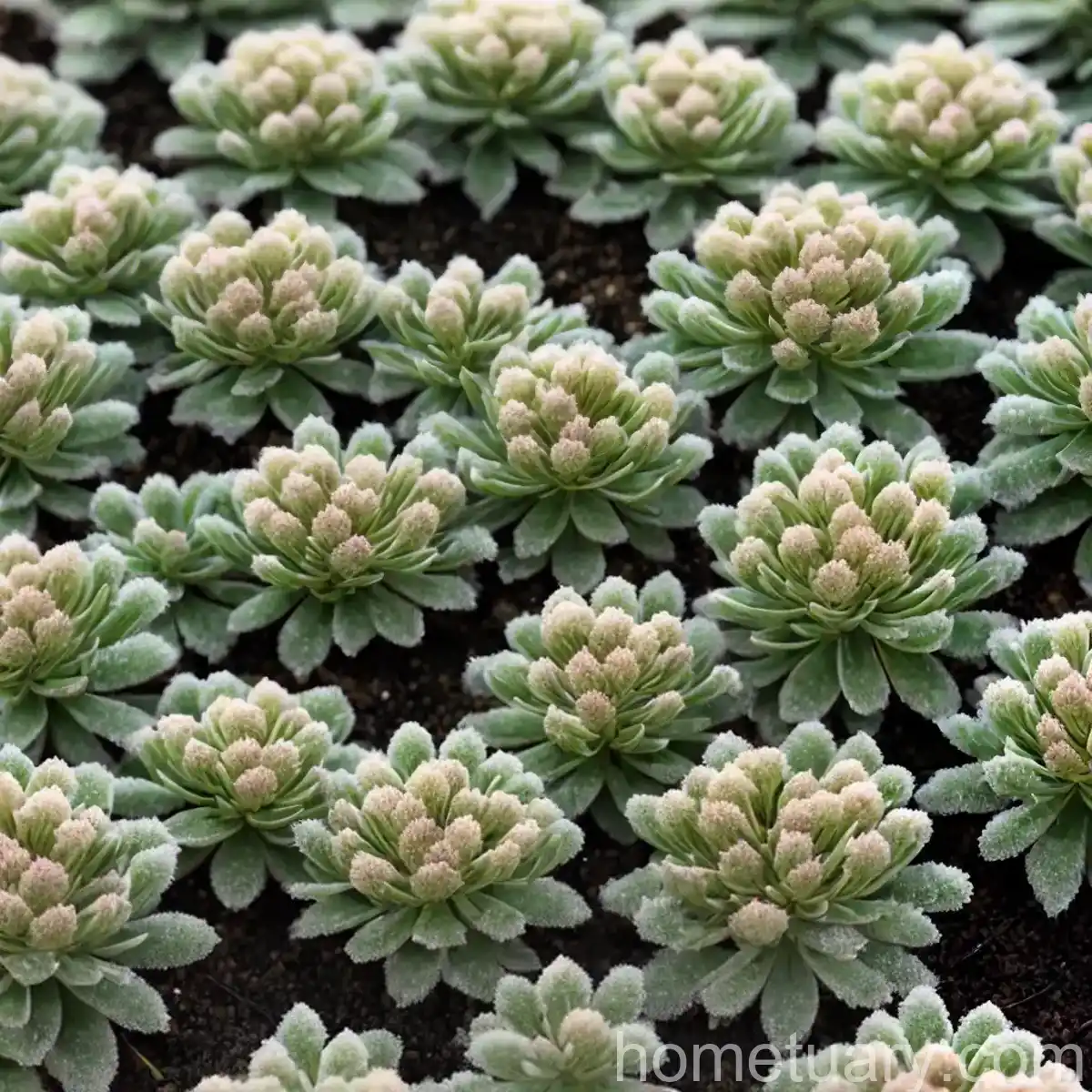Bermuda Grass (Cynodon dactylon ‘Yukon’): A Comprehensive Guide
Bermuda grass, scientifically known as Cynodon dactylon ‘Yukon’, is a warm-season perennial grass that is widely used in lawns, sports fields, golf courses, and erosion control. Its resilience, adaptability, and lush green appearance make it a popular choice for many landscaping projects. In this comprehensive guide, we will delve into the various aspects of Bermuda grass, including its culture, uses, maintenance, common diseases, and tips for optimal growth.
Key Takeaways – Bermuda Grass (Cynodon dactylon ‘Yukon’)
- Bermuda grass (Cynodon dactylon ‘Yukon’) is a warm-season perennial grass known for its resilience and adaptability in various climates.
- It thrives in full sun and requires moderate water and fertilizer for optimal growth.
- This grass species is commonly used for lawns, sports fields, golf courses, and erosion control due to its dense and hardy nature.
- Proper maintenance, including regular mowing, pruning, and disease prevention, is essential for a healthy Bermuda grass lawn.
What is Bermuda grass (Cynodon dactylon ‘Yukon’)?
Before we delve into the specific details of Bermuda grass (Cynodon dactylon ‘Yukon’), it is important to gain a fundamental understanding of what Bermuda grass is and its significance in the world of landscaping and agricultural practices.
Plant Classification
Bermuda grass belongs to the genus Cynodon, which is a part of the Poaceae family. It is a warm-season, perennial grass species that is known for its rapid growth and robust nature in warm climates.
Physical Characteristics
Bermuda grass is characterized by its fine texture, dense growth habit, and vibrant green color. It has an extensive root system that allows it to tolerate drought and recovers quickly from heavy traffic or other stresses.
Habitat and Distribution
This grass species is native to Africa and is widely distributed in warm, tropical, and subtropical regions across the globe. It has been successfully established in various climates, from the southern United States to regions in Asia and Australia.
Key Uses
Bermuda grass is primarily used for lawns, athletic fields, golf courses, and erosion control due to its durability, lush appearance, and adaptability to various soil types and environmental conditions.
Culture
Water
Bermuda grass is known for its moderate water requirements. It is drought-tolerant and can survive with minimal irrigation once established. However, to maintain its lush green appearance and growth vigor, Bermuda grass typically requires about 1 inch of water per week. During periods of drought or high temperatures, supplementary watering may be necessary to prevent dehydration and ensure the health of the grass.
Sunlight
Full sun is essential for the optimal growth of Bermuda grass. It thrives in areas that receive at least 6 to 8 hours of direct sunlight daily. Insufficient sunlight can result in thinning, reduced growth, and increased susceptibility to pests and diseases. Therefore, when planning to establish Bermuda grass, it is crucial to select a location that offers ample sunlight throughout the day.
Fertilizer
Proper fertilization is vital for maintaining the health and vibrancy of Bermuda grass. It is recommended to apply a balanced fertilizer with a ratio of 4-1-2 or 3-1-2 to provide essential nutrients such as nitrogen, phosphorus, and potassium. Fertilization frequency may vary depending on the specific needs of the lawn, but a general guideline is to fertilize Bermuda grass every 6 to 8 weeks during the growing season.
Soil
Bermuda grass is adaptable to a wide range of soil types, including sandy, loamy, and clay soils, as long as they are well-draining. Soil pH levels between 6.5 and 7.0 are considered optimal for Bermuda grass growth. Conducting a soil test before planting Bermuda grass can provide valuable insights into the soil’s nutrient levels and pH, allowing for targeted amendments and optimal growing conditions.
Pruning
Regular mowing and pruning are essential components of Bermuda grass maintenance. The ideal mowing height for Bermuda grass is approximately 0.5 to 1.5 inches, depending on the specific variety and growing conditions. Mowing frequency can vary, but a general recommendation is to mow Bermuda grass every 5 to 7 days during the peak growing season to maintain an even and healthy turf.
Propagation
Bermuda grass can be propagated using seeds, sod, or sprigs. Each propagation method has its advantages and considerations. Seeding is a cost-effective option for establishing Bermuda grass over large areas, while sodding provides an instant turf if immediate coverage is desired. Sprigging involves planting individual nodes or stems of Bermuda grass, which can result in rapid establishment under the right conditions.
Container Popularity
While Bermuda grass is primarily established in open landscapes and lawns, it can also be grown in containers and planters, particularly in areas with limited outdoor space. Container-grown Bermuda grass requires adequate sunlight, regular watering, and occasional fertilization to thrive. Selecting a container with proper drainage is crucial to prevent waterlogging and maintain healthy root development.
Common Diseases
Disease Diagnosis
Bermuda grass is susceptible to various diseases, including dollar spot, brown patch, and leaf spot. Proper diagnosis of these diseases is essential for implementing targeted treatment and prevention strategies. Visual symptoms, laboratory testing, and professional consultation can aid in accurately identifying specific diseases affecting Bermuda grass.
Common Pests
Botanist’s Tips
To promote optimal growth and health of Bermuda grass, consider the following botanist’s tips:
- Conduct a soil test before planting Bermuda grass to assess nutrient levels and pH.
- Monitor the lawn for signs of diseases and pests regularly, and take appropriate action if necessary.
- Water deeply but infrequently to encourage deep root growth and drought tolerance.
- Use sharp and well-maintained mowing equipment to prevent damage to the grass blades.
- Consult local extension offices or landscaping professionals for region-specific recommendations on Bermuda grass maintenance and care.
Cultivating Bermuda grass in Different Climates
Growing Bermuda Grass in Different Climates
The adaptability of Bermuda grass to different climates makes it a versatile choice for landscaping and agricultural applications. Whether in hot and arid regions or humid coastal areas, Bermuda grass can thrive with proper care and maintenance.
Optimal Conditions for Cynodon dactylon ‘Yukon’
Cynodon dactylon ‘Yukon’, a specific variety of Bermuda grass, exhibits characteristics similar to the broader species but may have unique attributes that make it well-suited for specific environmental conditions. It is important to consider aspects such as sunlight exposure, soil moisture, and temperature tolerance when cultivating Cynodon dactylon ‘Yukon’ in different climates.
Bermuda Grass Maintenance Practices
Best Practices for Bermuda Grass Maintenance
Maintaining a healthy Bermuda grass lawn requires adherence to best practices for watering, fertilization, mowing, and disease prevention. Establishing a regular maintenance schedule and addressing any issues promptly can contribute to the long-term vitality and aesthetic appeal of Bermuda grass.
Fun Facts
Interesting Facts About Bermuda Grass
- Bermuda grass is widely used on sports fields due to its ability to withstand heavy traffic and rapid recovery from damage.
- This grass species was introduced to the Americas during the colonial period and has since become a staple in landscaping and agricultural applications.
- Bermuda grass can spread aggressively through above-ground stolons and below-ground rhizomes, allowing for rapid coverage and establishment in favorable conditions.
Links to External Resources
For more information and resources on Bermuda grass and its maintenance, refer to the following:
- University of Florida IFAS Extension: Bermuda Grass for Florida Lawns
- Clemson Cooperative Extension: Bermudagrass Maintenance Calendar
- Texas A&M AgriLife Extension: Bermudagrass—An Overview
In conclusion, Bermuda grass (Cynodon dactylon ‘Yukon’) is a versatile and resilient grass species that offers numerous benefits for landscaping and agricultural purposes. Its adaptability to various climates, ease of maintenance, and lush appearance make it a popular choice for lawns, sports fields, and erosion control. By understanding the specific cultural requirements, common diseases, and maintenance practices associated with Bermuda grass, individuals can successfully establish and care for this grass variety, enhancing the beauty and functionality of outdoor spaces.

